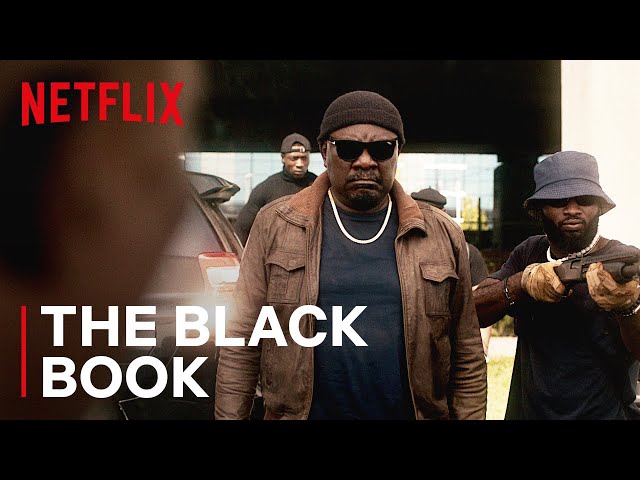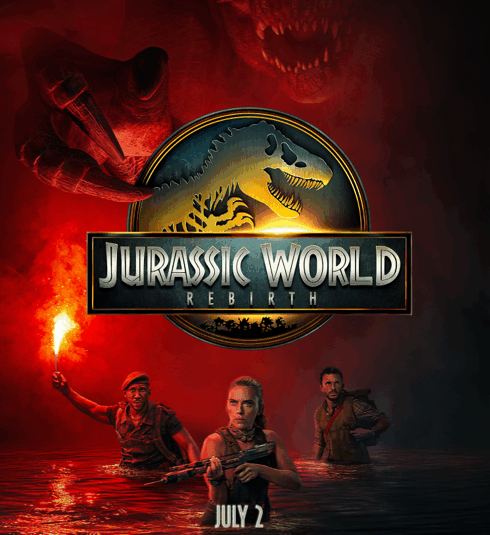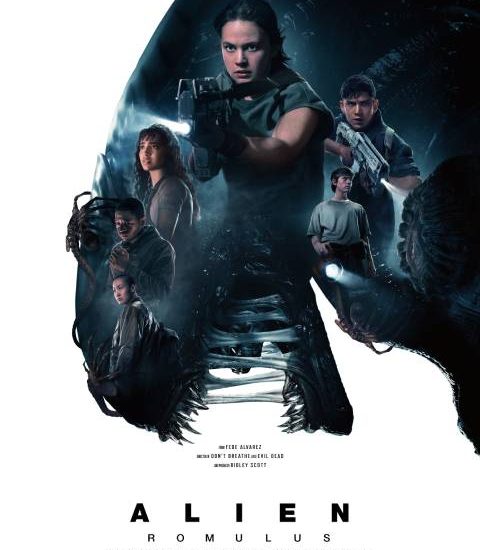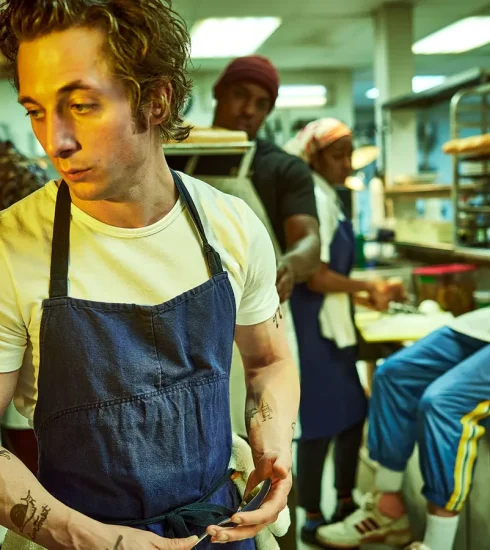Movie Review: The Black Book
For all the praise you can ascribe to Nollywood, be it the sheer output (3rd largest film industry in the world by volume), the stars it has given rise to or the iconic stories that we all know and love, one thing I have always wanted from it is more genre variety. Too often, the films can feel a little samey, with familial or cultural differences driving the plots of the vast majority of films. Now, that’s not necessarily a bad thing; many of these Nollywood plotlines become favourites for a reason.
I just think there is room for more genre exploration in Nollywood, and I will always have time for films that try something new. Enter The Black Book, a Netflix Naija film that is essentially an action-revenge flick but wraps it in a very familiar setting: The dark, seedy underbelly of Lagos. The Black Book follows Paul Edima (a capable as always Richard-Mofe-Damijo), an unassuming church Deacon as he seeks to take justice into his own hands after the false accusation and subsequent murder of his son Damilola (Olumide Oworu).
Because I saw no trailers and went into the movie blind, I got a huge smile on my face once I realized this film would be essentially a John Wick-style thriller. It hits a lot of the same beats as the 2014 action film (an unassuming man turns out to be an elite former assassin and goes back to his old ways to avenge a grievance), just with the dog swapped out for a son.

There are gunfights and explosions. The film pulls no punches from the opening kidnapping (emphasis on the kid) scene all through to the end. There is a lot of social commentary here, some of it very timely (the film was shot in 2020, so of course, ‘SAKS’ and profiling play a huge role in the killing of Edima’s son.) The corruption shown in the film is eerily plausible and hits home hard as a result.
The film is brilliantly shot, with scenes having the perfect amount of lighting, even in night scenes, which has always been a big complaint of mine about Nollywood films. Debut Director Editi Effiong manages to get good visibility in all scenes. The audio is also sharp, with dialogue being easy to hear even if characters are offscreen. Music is also a plus for this film, with the emotional scenes being backed by moving, poignant music The performances on the whole are quite good.
I especially enjoyed Sam Dede’s brutal portrayal of Angelo (who ends up being the devil incarnate), but I always like Sam Dede so maybe that’s obvious. His resemblance to Ving Rhames continues to break my brain. Shaffy Bello appears here as the film’s analogue to John Wick’s Bowery King, Big Daddy. Her portrayal of an underground crime boss works for the film. Ireti Doyle and Bimbo Akintola round out the main cast of the film, and both do capable jobs here.
I must say I liked RMD’s acting (his simmering intensity shines throughout the film), but his physical performance (stunts, fights) was a little hard to buy. A stunt double in those scenes would’ve been most welcome. The film is by no means perfect, though. The film’s pacing starts out sharp, but by the end of the film, I was left preferring the first hour of the film to the second by quite a lot. There is an extended sequence in Kaduna that just felt a little overdone.
There is about 30-45 minutes of fat that could be trimmed from the film, and it’d be an all-killer no-filler flick. I also didn’t really enjoy the plotline of Victoria (Ade Laoye), the reporter that was trying to assist RMD’s character. I saw the plot twist they did with her character from the very beginning and didn’t especially enjoy the actress’ performance. The titular Black Book is a typical MacGuffin and, in my opinion, appears too late into the film to actually be the main reason the plot advances.
Overall, I quite like The Black Book for what it is. It tells a story of revenge, of how the penance for a life of crime always comes due no matter how far you run from it. It tells a story of how corruption and greed have powered the political scene in Nigeria and one man’s vendetta against both the crimes of his past and the people who sent him to do them. It has its issues, but anytime I see something different in Nollywood, I root for it, and I hope to see more action films of this ilk soon.
Boluwatife Adesina is a media writer and the helmer of the Downtown Review page. He’s probably in a cinema near you.






